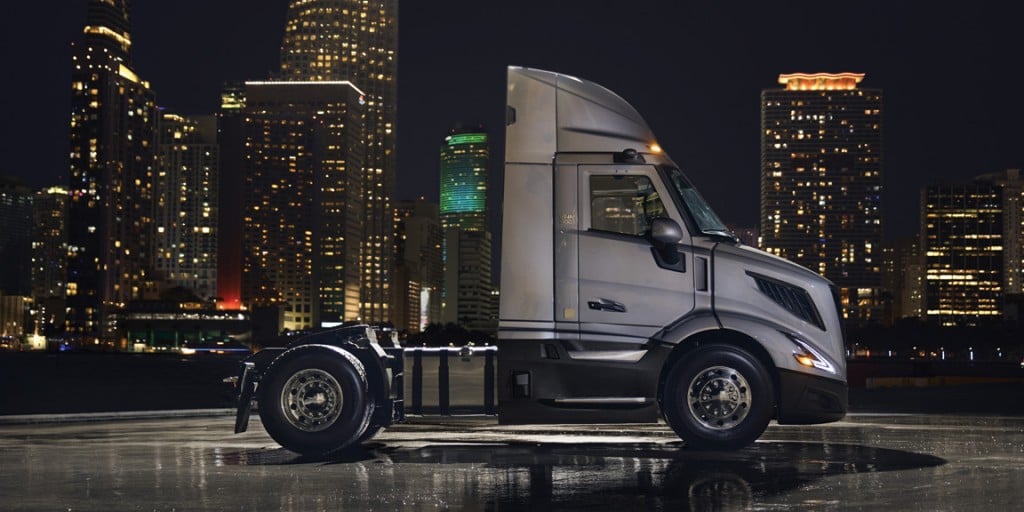Industry study points to broadband as top reversing safety solution
Independent study confirms that nearly twice as many workers identify broadband sound alarms as being more beneficial at improving industrial safety than tonal alarms
A new study on industrial accident prevention has shown that broadband sound reversing alarms for commerical vehicles, are nearly twice as effective than their tonal equivalents; making broadband sound the most effective audible reversing safety solution for a variety of industries.
The study, titled ‘Perceptions of Key Stakeholders Regarding the Utilization of Locatable Sound for the Prevention of Occupational Pedestrian Injuries and Fatalities' was conducted by Dr Rick Kilpatrick at the Indiana University of Pennsylvania's College of Health & Human Services, and is the first scientific study of broadband sound in the workplace.
The quantitative research was undertaken to examine the perceptions of steel industry employees, in order to determine if the use of broadband sound reversing alarms improved workplace safety - compared to traditional tonal sound alarms - across a range of criteria: audibility, propagation, frequency content, and sound pressure maps.
The survey population consisted of 1,211 steel industry employees - occupational pedestrians, forklift operators, leadership and maintenance - working across fifty-five locations of a North American steel company that had been using broadband sound reversing alarms for the last two years.
Broadband: nearly two thirds more effective than tonal alarms
When respondents were presented with eight beneficial reversing alarm traits1, broadband reversing alarms were selected by 61% of respondents as having more of these qualities, compared to the 33% of respondents who selected tonal reversing alarms (6% selected neither or both).
"Tonal alarms are common solutions to reversing compliance," said Henry Morgan, CEO of Brigade Electronics Canada, a leader in manoeuvring safety solutions. "But they are non-directional, less safe and create significant noise pollution. Broadband sound mitigates all of the nuisances and dangers associated with tonal alarms, and, as Rick's research shows, is even more effective."
"There was undoubtedly a strong correlation between how familiar the respondents were with both types of alarm and the benefits of broadband sound," said Dr Kilpatrick. "However, it's clear that a more widespread rollout of broadband alarms would create greater familiarity and increase the overall benefit. There's still lots that needs to be done to formally prove its overall effectiveness; in different workplace and civil environments."
While this study provides the unique perspective of key stakeholders in an uncontrolled study group, the hope is that the research will serve as a reference point and empirical data for future reversing alarm analysis and research.
Dr Kilpatrick is also keen to conduct further research on broadband sound, and is particularly keen to explore its use with hearing impaired communities, the ability to localize the sound based on differing background noise levels, and on forward motion vehicles; to better understand if broadband alarms have an wider safety impact.
Brigade Electronics (Canada) is a wholly owned subsidiary of Brigade Electronics plc, the market leader in backing safety systems for commercial vehicles. Established in 1976, it is the only company in the world to provide a complete range of backing safety systems. The range includes BACKALARM reversing alarms, BACKEYE rear-view and all round visibility CCTV, BACKSENSE and BACKSCAN rear detection systems.



